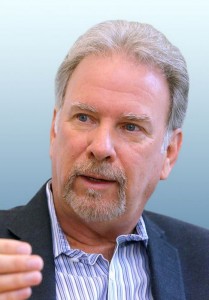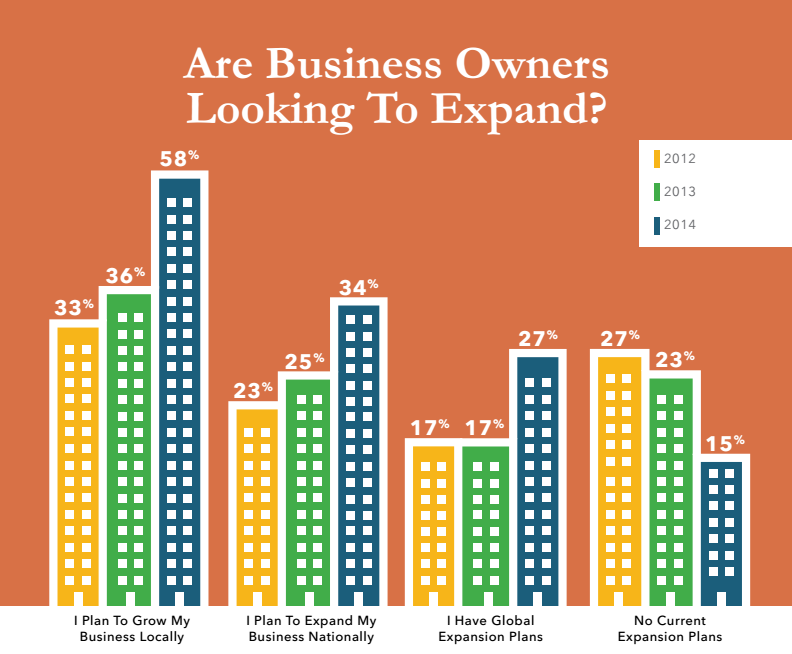A Good Excuse Doesn’t Fix a Problem
Brent Frei is the executive chairman and co-founder of Smartsheet.com, a provider of online project management. In a recent interview with Adam Bryant of the New York Times, Frei talks about early management, what to look for when hiring employees, and advice for aspiring entrepreneurs. Here are some points from the interview:
- Work together as a team to become a successful leader: “There are a lot of really successful ways to be a leader, but the only way I know how to do it is to be a part of the team. You get people on board, convince them about the right thing to do, get lots of input and ultimately drive to our goal.”
- Hiring the right way will result in leadership: “If we hire right, there’s no managing; it’s just leading. And there’s a big difference between leading and managing. Leadership is: “We’ve got problem everybody. We are all smart people. Lets figure out how we’re going to solve it. Let’s divvy up the pieces and lets go do them “.”
- Intelligence and a quick understanding is valued: “I look for people who are bright and have a high “get-it” factor. That means they’re quick studies, so I’m talking about something really complex, they’ll say, “Got it”.
- Don’t do it unless you really mean it: “If you’re not willing to eat rice and beans, and to get your wife and kids to eat rice and beans, don’t bother, because somewhere along the way, it’s going to be that hard. You have to have that mentality. Otherwise, it can be really difficult.”
Click here to view the full article from the New York Times.






